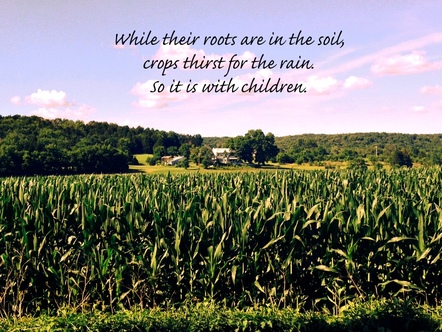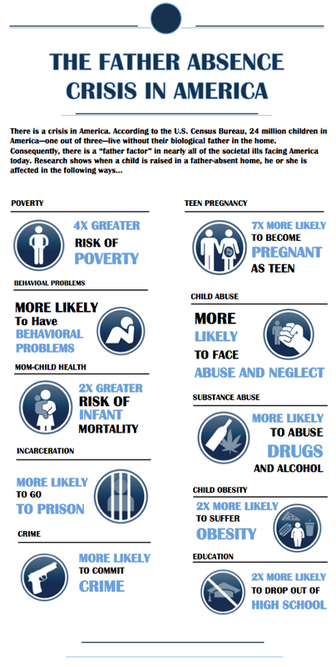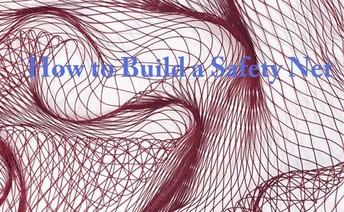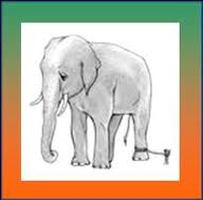
In a allegorical sense, fathers are rain while mothers are soil. We notice the rain more than the soil. When it gently rains on a field of corn, it is something for which we are thankful. When the rain becomes a deluge and doesn’t let up, damage can occur. The rain or lack of rain is usually noticed. But where crops are grown, the soil is quietly there, usually full of nutrients, but not as noticed.
An excellent book for all men with daughters is Strong Fathers, Strong Daughters by Meg Meeker, M.D., a pediatrician who is an expert on treatment of adolescents with medical and social problems. She writes:
“I have watched daughters talk to their fathers. When you come in the room, they change. Everything about them changes: their eyes, their mouths, their gestures, their body language. Daughters are never lukewarm in the presence of their fathers. They may take their mother for granted, but not you. They light up — or they cry. They watch you intensely. They hang on your words. They wait for your attention, and they wait for it in frustration — or in despair. They need a gesture of approval, a nod of encouragement, or even simple eye contact to let them know you care and are willing to help.”
With boys, their fathers are the example that their sons look to when they are learning to be men. In his book, Man Enough: Fathers, Sons and the Search for Masculinity Dr. Frank Pittman states,
“There was no secret to fathering, no magical answers about masculinity that are passed on from generation to generation. Boys learn to be men by being with their fathers, experiencing the world and living life. But if they haven’t had that experience, they may never feel comfortable with an awareness of what it means to be a man, what they are supposed to do with their masculinity, and how they can become fathers themselves.”[J1] [MS2]
Of course, mothers have been the standard bearer for parenting. They have shown to be the more reliable and nurturing parent over the course of history. But mothers and fathers have different roles, often characterized by the steady hand of the mother and the stimulation of the father.
Both the soil and rain are needed for the fields of corn to thrive. The roots of their stalks are in the soil--but they thirst for the rain. So it is with children, who depend on roots and thrive on nourishment. It is good for the family when parents have different strengths because children have various needs that can vary from child to child.
When rain is not sufficient, crops will not flourish. When the soil has little or no nutrients, rain will have little impact on the crops being healthy. When fatherly attention is lacking or motherly love is weak, children are at high risk for trouble or failure. When both situations exist, a child’s future is tragically burdened with predictably bad results.
Of course the metaphor is not perfect. Parental roles and family outcomes are not set in stone. But both parents are critical factors in the mental and physical health of their families. Fathers mustn’t waste the advantage they naturally have with their daughters and sons. They want your attention and need your positive influence. Having happy children grow into responsible adults will likely be your greatest contribution to society.
May your crops be healthy and bountiful!















